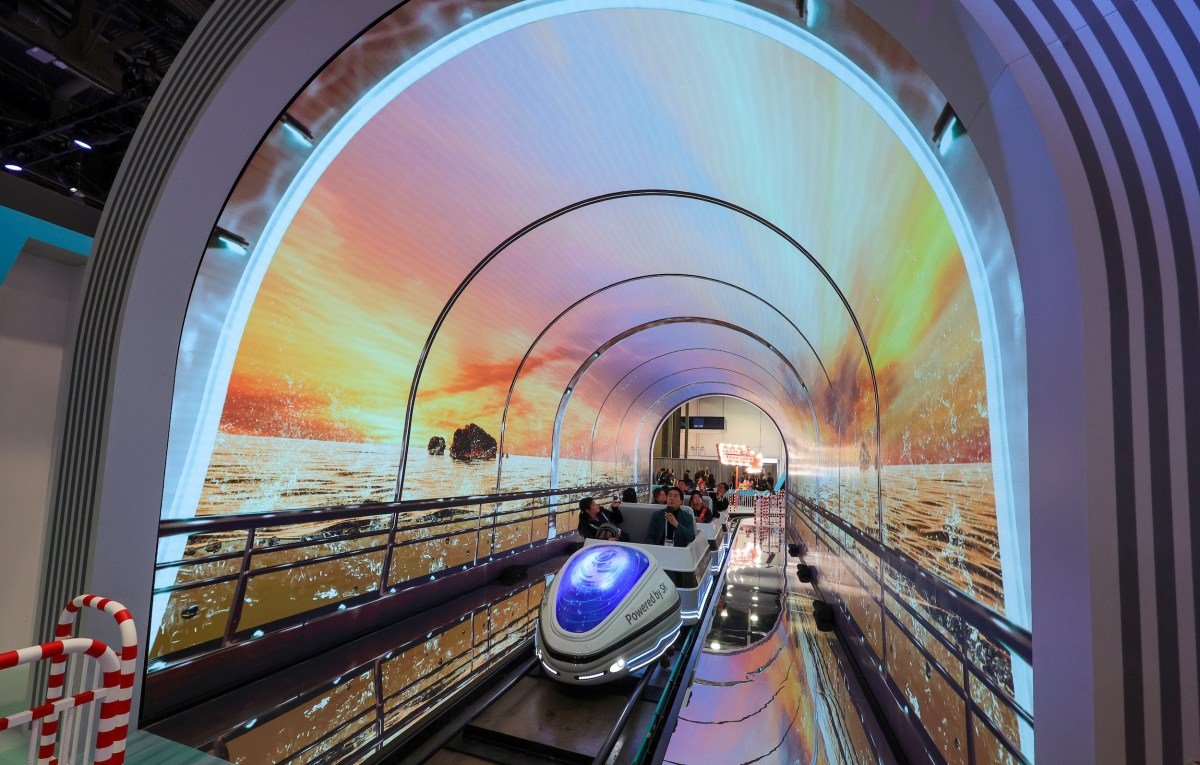Hydrogen Takes the Spotlight at CES 2024
In the world of clean energy for electric vehicles, hydrogen is no stranger. However, it has never quite received the same attention as its battery-powered counterpart. That is, until CES 2024. The major trade show this year was filled with all sizes of vehicles powered by this alternative energy source, with companies like Hyundai, Nikola, and Bosch heavily promoting it. But what sparked this sudden resurgence of interest in hydrogen power? And is it just another fleeting promise by companies during CES?
The Players
At the forefront of the hydrogen movement is Nikola, the trucking startup that was founded on the concept of a fuel cell-powered big rig. While Nikola’s former CEO, Trevor Milton, is now facing criminal charges for exaggerating the company’s capabilities, it has not stopped Nikola from forging ahead with its plans. Instead of a hydrogen truck, Nikola has shifted its focus to an all-electric version, which began shipping in 2021. At CES, Nikola finally showed off its first US-built hydrogen truck, signaling a new era for the company.
On the other end of the spectrum, established automaker Hyundai is also embracing hydrogen in a new way. The Korean brand has spent years developing hydrogen-powered vehicles and believes it will play a crucial role in the company’s goal of becoming carbon-neutral by 2050. Not only is Hyundai looking to popularize hydrogen cars and SUVs, but also to incorporate this clean energy source in all of its heavy-duty vehicles, such as construction machinery and ocean vessels.
“Our goal is to build an entire hydrogen energy ecosystem across the globe, from land to sea,” said Dongwook Lee, president of HD Hyundai, during a press conference at CES. The company aims to create production and storage solutions for hydrogen, and is already working on turning organic waste into clean hydrogen.
Other major players at CES also showed their support for hydrogen power. Bosch, known for its hydrogen fuel cells, announced plans to develop an engine that can combust hydrogen directly. PACCAR, a truck-builder, displayed its newest hydrogen-powered vehicles and claims to have already received over 150 paid deposits for them.
But perhaps the most interesting hydrogen presence at CES was from South Korean energy and manufacturing giant SK Group. The company turned its hydrogen and AI businesses into a theme park, showcasing a small “hydrogen-powered” train and even an “AI fortune teller.”
The Driving Force behind Hydrogen
With all this buzz surrounding hydrogen, it’s no wonder people are asking, why now? The answer lies in political will and money. The US government has made significant investments in green hydrogen and refueling infrastructure, making it a more feasible option for automakers. For instance, the 2022 Bipartisan Infrastructure Law allocated $9.5 billion towards clean hydrogen initiatives. This will help create production hubs across the country that use renewable energy and electrolysis to produce clean hydrogen.
In addition, the Inflation Reduction Act (IRA) has created a hydrogen production credit, incentivizing producers to switch to cleaner and more expensive methods of production. This is similar to the tax credit given to electric vehicle buyers. The Federal Highway Administration has also announced funding for new charging and fueling infrastructure, with a large portion of it going towards hydrogen.
The fossil fuel industry is also showing interest in hydrogen as a way to maintain relevance in the clean energy movement. Companies like Shell, BP, Chevron, and ExxonMobil have put millions of dollars into hydrogen lobbying efforts, arguing that natural gas can play a role in the “clean hydrogen ecosystem” when paired with carbon-capture technology. However, this may not be a sustainable solution, as methane – the main component of natural gas – is highly potent in warming the earth’s atmosphere.
The Challenges Ahead
While there is significant corporate and political interest in hydrogen, there are still challenges to overcome. One of the main obstacles is infrastructure. The US energy grid already exists and supports thousands of EV stations, making it easier for the public to adopt electric vehicles. On the other hand, hydrogen refueling stations are scarce and costly.
Another challenge is efficiency. According to Gregory Keoleian from the University of Michigan, hydrogen fuel cell vehicles are generally less efficient than battery-electric vehicles. This is due to the energy lost in the process of electrolysis, transportation, and conversion back into electricity. Limited renewable energy further exacerbates this issue.
However, hydrogen does have its advantages, especially in the transportation sector. EV batteries are heavy and take hours to recharge, making them less efficient for heavy-duty vehicles like trucks and ships. Refueling a hydrogen-powered vehicle takes only a few minutes, similar to a conventional gas vehicle. The key is to make clean hydrogen affordable and accessible, without relying on fossil fuels as its main source.
The Future of Hydrogen
Despite the challenges, it’s clear that interest in hydrogen power is growing. As Niklas Wahlberg from Volvo states, it is “becoming more and more of a tangible alternative.” While Nikola’s setbacks may have painted a negative image for hydrogen, it has not stopped other companies from pursuing its potential. “Things are progressing very well,” says Wahlberg, “And this is an area that we and others are very, very keen on developing.” With continued government support and corporate interest, hydrogen-powered vehicles may become a more common sight on the roads in the near future. Only time will tell if this hydrogen “comeback” is here to stay.








